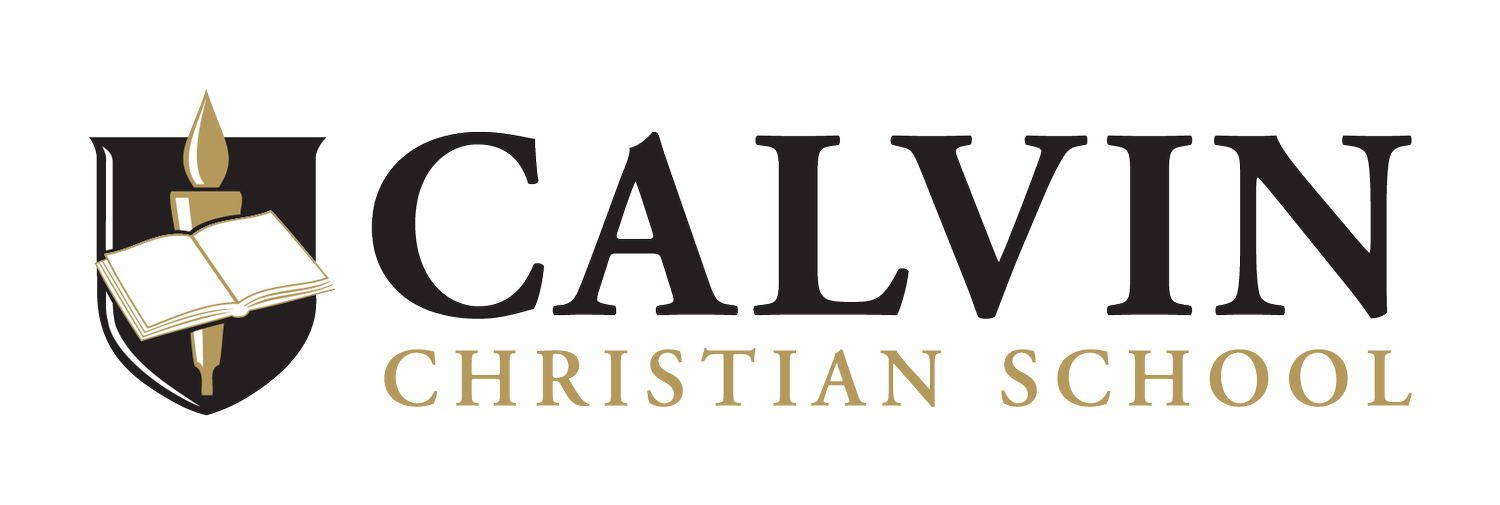I think we would have to agree that 2020 has been a year that everyone will remember. Whether it’s been working from home, cancelling family holidays, job changes or periods of isolation, we have all been affected in some way.
It’s been the same for our students at Calvin Christian School. They have gone through distance learning, changes to classroom set ups, periods of no assembly and cancelled trips and excursions. As a whole, I have been very impressed with our students’ ability to ‘roll with the punches’ and show flexibility and resilience in a wide range of contexts. For example, telling our Year 5/6 students they weren’t able to go to Canberra was met with acceptance of the situation, and a willingness to look forward to new opportunities. They have really channelled 1 Thessalonians 5:18 which states "Give thanks in all circumstances; for this is the will of God in Christ Jesus for you."
During this time, students have also shown a gratefulness of what we still do have. Living in Tasmania, we look to other states in Australia and other countries around the world and see that we are blessed to even be able to come to school. This term we have been able to begin activities and excursions again including a trip to the Kingston Beach Golf Club for golf sessions with the Year 3 to 6 classes, a Year 3 excursion to Channel looking at the history of schools within the Christian Schools Tasmania family, and a fishing and museum day for Year 3/4 classes. In all of these opportunities I have seen a spirit of gratefulness and appreciation from our students.
We have many exciting trips and activities lined up for Term 4. These include our athletic carnivals, music and sports assemblies along with our annual whole school end-of-year swimming and picnic events. Our Year 3 to 6 students will be going on a range of day trips instead of camps this year, with more details to be coming soon. We are also able to start Term 4 with our Prep to Year 6 swimming program.
During this time of change and challenge, it’s important that we celebrate what we are still able to do and appreciate the knowledge that we have a God who is in control of our future. Psalm 118:24 reminds us, "This is the day that the Lord has made; let us rejoice and be glad in it!"
Primary Staffing Announcements
It is with a heavy heart that I announce that two teachers will be moving to roles at new schools in 2021.
Mrs Kim Denholm: Mrs Denholm has been affiliated with Calvin since 2003 when she began as a teacher assistant. She moved into a range of classroom teaching roles in the lower primary and has most recently been working with our K to 2 students in learning support. Mrs Denholm will be moving to Channel Christian School in 2021, working in learning support.
Mrs Jo Dixon: Arriving in 2008, Mrs Dixon also began as a teacher assistant at Calvin. She moved into a teaching role in 2009 and has taught a range of grades from Prep to Year 4, most recently teaching and caring for our students in Year 3 & 4. Mrs Dixon will be moving to Victoria to teach at Heathdale Christian College in 2021.
The knowledge, care and expertise of both Kim and Jo will be missed at Calvin Christian School. We will take opportunities to honour both of these amazing teachers at the end of the school year.
Andrew Nash — Head of Primary




